Certified Clinical Trauma Professional
Carla has been certified by International Association of Trauma Professionals as a Certified Clinical Trauma Professional (CCTP). This specialized credential is a clinical certification based upon knowledge of the following principles at a professional level:
What is Trauma?
Trauma is an emotional response to a terrible event like an accident, rape or natural disaster. Immediately after the event, shock and denial are typical. Longer term reactions include unpredictable emotions, flashbacks, strained relationships and even physical symptoms like headaches or nausea. While these feelings are normal, some people have difficulty moving on with their lives. Therapy can help these individuals find constructive ways of managing their emotions.
Coping with Trauma
Following any distressing or life-threatening event, psychological trauma can set in. Sufferers may develop emotional issues, such as extreme anxiety, anger, sadness, survivor’s guilt or PTSD. They may have ongoing problems with sleep or physical pain, trouble with their personal and professional relationships, and low self-esteem issues. Research on trauma outlines several healthy ways of coping, such as avoiding alcohol and drugs, seeing loved ones regularly, exercising, sleeping, and other methods of self-care. There are people who are able to overcome trauma, offering inspiration to others who have had life-altering negative experiences.
Trauma Coping Mechanisms
Traumatic experiences often arouse strong, disturbing feelings that may or may not abate on their own. It’s common immediately after a traumatic event to experience shock or denial. A person may undergo a range of emotional reactions, such as fear, anger, guilt, shame, feelings of helplessness and vulnerability, and even PTSD. Some traumatic memories fade naturally with time, but if symptoms persist, it is imperative that professional help is sought.
Sources: Psychology Today,

